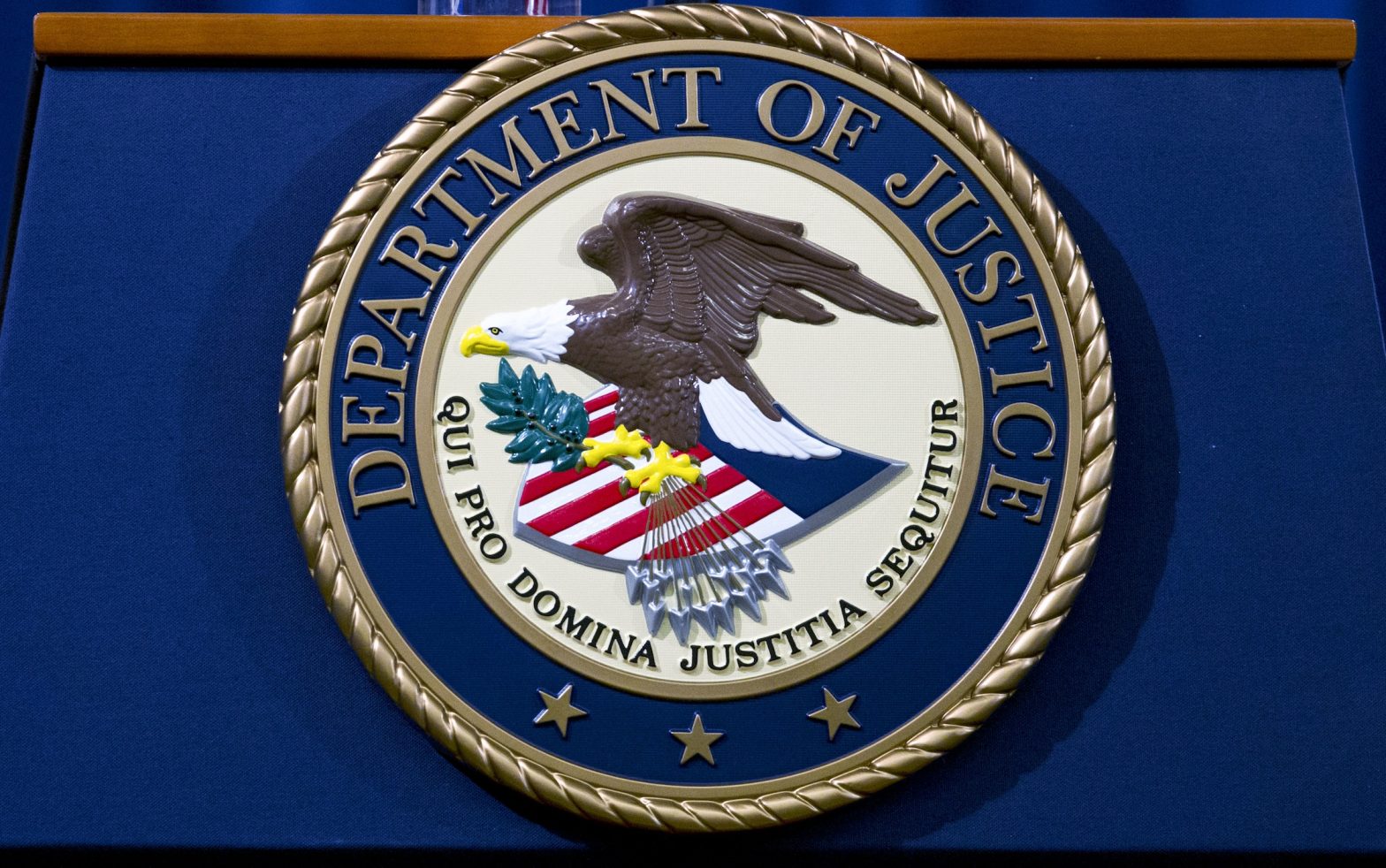Diverse Hiring Practices Are Under Attack. Biden’s Justice Department Should Speak Up.
COMMENTARY

This summer, a Supreme Court decision ending the use of race-conscious admissions at colleges and universities sent shockwaves through America’s higher education system, raising concerns that underrepresented students will be discouraged from applying to colleges and universities. Now, as institutions of higher education cope with the aftermath of the court’s decision, conservative policymakers have set their sights on the next target in their war on diversity and inclusion: the workplace.
Just last month, 13 Republican state attorneys general wrote a letter to the leaders of America’s largest companies, threatening legal consequences for their inclusive hiring policies. The Republican AGs accused America’s leading CEOs of “racial discrimination” for working to bolster diversity in their boardrooms and in their workforces.
What these policymakers miss is that diversity isn’t about “wokeness” — it’s fundamentally good for business. Study after study shows that diverse teams are better at problem-solving, decision-making and creativity, and highly diverse companies consistently outperform their competitors. Importantly, companies that employ a workforce that mirrors the diversity of their customer base are also better able to plan and execute business strategies that meet the needs of the people they serve.
Forcing companies to abandon their efforts to build diverse workforces would hurt the performance of America’s leading private sector employers and damage our nation’s economy.
While the arguments made by Republican AGs attacking diverse hiring practices don’t hold legal water, they do endanger the gradual progress that industry leaders have made in addressing long-standing racial inequities in hiring. The reality is that the threat of liability could have a chilling effect on companies’ readiness to develop diversity and inclusion initiatives, regardless of the benefit such practices have for a company’s bottom line.
To protect diverse hiring initiatives, the federal government has an important role to play in debunking legal threats and standing up to lawsuits in court. That’s why, this month, Chamber of Progress called on the Department of Justice’s Civil Rights Division to issue guidance to the private sector, affirming that corporate diversity, equity and inclusion policies in hiring remain protected under the law.
In addition to the many benefits a diverse workforce can provide for individual companies, the attacks on diversity in the workplace threaten jobs, pay and overall GDP across the economy.
A W.K. Kellogg Foundation study found that the United States could expand its economy by $8 trillion by 2050 by eliminating racial disparities in a number of areas, including employment. According to the Treasury Department, gaps in employment based on race lead to wealth gaps, suppressed consumer spending and investment, and stifled economic growth.
Not only could the DOJ help leading companies maintain diverse hiring pipelines that strengthen our economy, but their legal guidance could also assure American businesses that they are complying with the law following the Supreme Court’s affirmative action decision. In August, the DOJ’s Civil Rights Division issued similar guidance and resources to aid colleges and universities in understanding the new legal landscape and how they can maintain diverse student bodies.
The truth is that the threats coming from Republican AGs have little legal basis. In its affirmative action decision this summer, the Supreme Court made clear that its ruling applied only to institutions of higher education, and that hiring practices in the private sector are governed by different laws. Democratic AGs have also pointed out that companies maintaining diversity and inclusion initiatives in the private sector are in no danger of breaking legal rules that prohibit racial quotas in hiring.
While these legal realities won’t stop political threats from right-wing policymakers, legally sound guidance from President Biden’s Department of Justice would go a long way to weakening their impact. With access to opportunity for millions of Americans on the line, now is a critical moment to speak up.
Adam Kovacevich is the founder and CEO of the Chamber of Progress, a tech industry policy coalition promoting technology’s progressive future. He can be reached by email and on X.
























